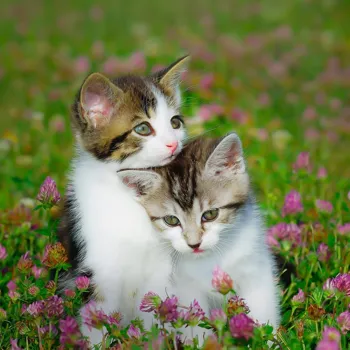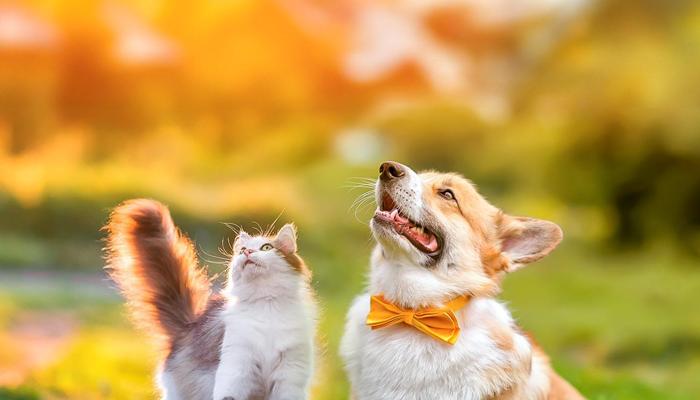Unraveling Animal Play: Beyond Fun and Games. Dive into the intriguing world of animal play and discover its vital role in development and survival. Explore why animals play and how it shapes their physical,
social, and cognitive abilities. Delve deeper into the significance of play in the animal kingdom and gain a new perspective on their behavior. Understanding the essence of play sheds light on the intricate lives
We often see children playing, laughing, and having a gala time. But did you know that animals also engage in play? From puppies playfully biting each other to otters sliding down muddy banks, the animal kingdom is full of playful behaviour. But why do they do it?
Is it just for fun, or is there a deeper reason behind it? Let's explore the fascinating world of animal play and understand its importance. Play is not just a frivolous activity; it's a crucial part of an animal's development and survival.
It helps them learn essential skills, build social bonds, and adapt to their environment. So, next time you see an animal playing, remember that it's not just having fun; it's also learning and growing.
Animals play to develop skills for survival
One of the primary reasons animals play is to hone their physical skills. Think about kittens batting at a dangling toy. They are not just being cute; they are practicing their hunting techniques.
The batting, pouncing, and chasing actions mimic the movements they would use to catch prey in the wild. Playing also helps them develop coordination, balance, and agility. Puppies wrestling with each other are learning about their strength and how to control their movements.
These playful interactions help them become better hunters, defenders, and overall more capable individuals. The energy expended during play is a valuable investment in their future survival.
Young deer chasing each other through the fields are building stamina and learning to navigate obstacles, skills that will be crucial when they need to escape predators.
Play crucial for social development in animals, teaching interaction skills and social rules
Play is also a vital tool for social development in many species. Through play, young animals learn how to interact with others, establish social hierarchies, and develop communication skills. Puppies, for example, learn bite inhibition during play.
They learn how hard they can bite without hurting their playmates, a crucial skill for maintaining social harmony within the pack. Monkeys engage in playful grooming, which strengthens their bonds and reinforces their social relationships.
These interactions teach them the rules of the social group and help them learn to cooperate with others. Playing helps them understand social cues.
Play promotes cognitive development in animals through exploration and problem-solving
Furthermore, play enhances cognitive development in animals. It allows them to explore their environment, experiment with different behaviours, and learn problem-solving skills.
A crow playing with a puzzle toy is not just amusing itself; it is also testing its intelligence and learning how to manipulate objects to achieve a goal.
Dolphins are known for their playful interactions with objects and other dolphins, which helps them develop their cognitive abilities and learn new ways to interact with their surroundings.
Animal play types: object, locomotor, social play for development and well-being
Scientists have observed different types of play in the animal world, each serving a unique purpose. Object play involves manipulating objects, such as playing with a stick or a ball. Locomotor play involves running, jumping, and climbing, which helps develop physical skills.

Social play involves interacting with other animals, establishing social hierarchies, and learning communication skills. Each type of play contributes to an animal's overall development and well-being. Observing these different forms of play gives very important insights into animals world.
Understanding the importance of play in animal development
Even though lots of study is done so far, but to fully understand why animals play is not fully understood. However, what is clear is that play is not just fun and games. It is a crucial part of an animal's development, helping them develop physical, social, and cognitive skills.
By understanding the importance of play, we can better appreciate the complexity and intelligence of the animal kingdom. Also helping us to provide them suitable environment.














